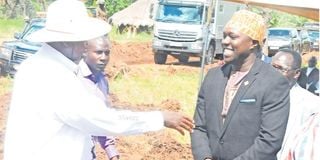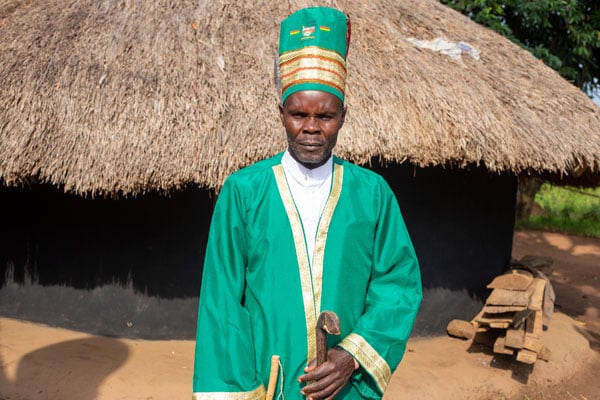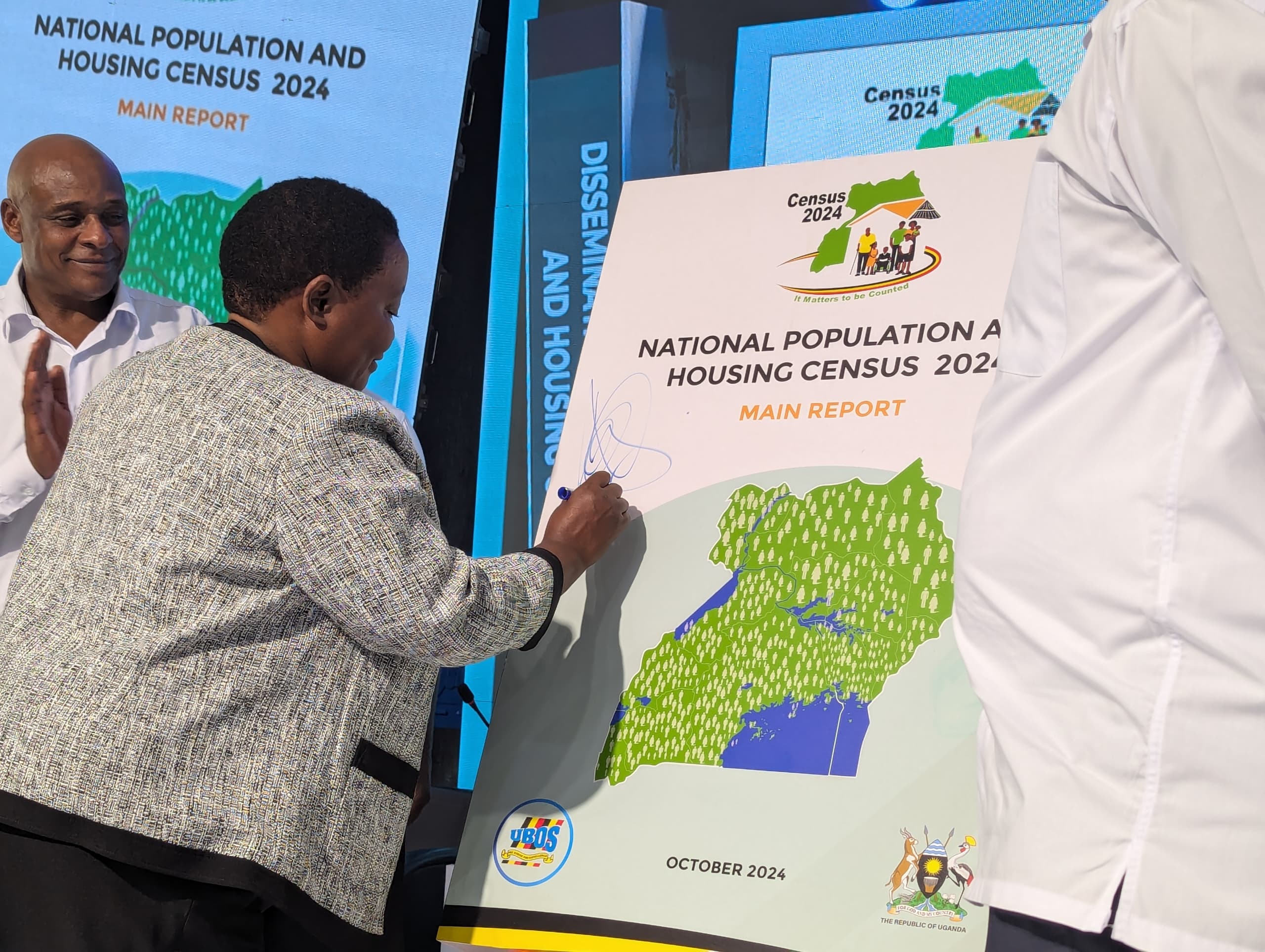Cultural group declines to host Alur king’s fete

President Museveni (left) interacts with Alur King Phillip Ularker Rauni III during the latter’s coronation anniversary in Zombo District in 2021. PHOTO/PATRICK OKABA
What you need to know:
Officials of Ker Kwaro Jonam Cultural Institution say they are an independent tribe
Officials from the Ker Kwaro Jonam Cultural Institution in Pakwach have rejected a decision to host the coronation anniversary celebrations of the Alur king in the district.
The Alur Kingdom had requested to use the Bar Omach Primary School playground in Pakwach District to host the 14th coronation anniversary of King Phillip Ularker Rauni III, scheduled for October 26.
However, officials of Ker Kwaro Jonam Cultural Institution said they are an independent tribe as per the 1995 Constitution and cannot get involved in the activities of Alur Kingdom.
The spokesperson of the cultural institution, Mr Jerolam Omach, said the Institution of Traditional or Cultural Leaders Act, 2011 states that nobody should be forced to pay allegiance to any traditional leader who is not part of their tribe.
“Jonam has never been part of the Alur Kingdom. We do not see the reason why we should host the 14th coronation anniversary of the Alur king and yet they are not part of us,” Mr Omach said.
He said for peace and security, the Alur king should get another venue to host the coronation anniversary.
Mr Stanley Thopaco III, a chief in the Ker Kwaro Jonam Cultural Institution, said the Alur Kingdom is attempting to expand its territories beyond its boundaries.
He added that while the Jonam are open to cooperating with the Alur as partners but they will not accept being treated as subjects.
However, the executive director of Alur Kingdom, Mr Vincent Ochaya, said: “We need to work together in promoting and transforming our culture instead of splitting ourselves on issues which are minor.”
He suggested that, rather than focusing on cultural differences that could be addressed through forums of various cultural leaders, a more constructive solution should be pursued.
The Alur Kingdom was the only traditional monarchy in Uganda that remained unaffected by the 1966 ban on monarchies. The Alur are organised into various chiefdoms, including Angal in the Democratic Republic of Congo, as well as Alur Juganda, Jukoth, and Mukambo.
Background
Historians note that, according to Alur tradition, the Alur people migrated from Southern Sudan, present-day South Sudan, alongside other Luo groups, following the banks of the Nile. Their original home land is believed to have been in Rumbek, near the confluence of the Nile and Bahr-el-Ghazal ri-




